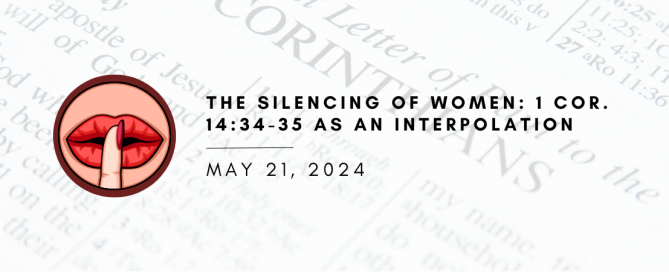If Paul Dictated His Letters, How Can We Know What He Said?
I have been asked to comment on whether we can get back to the “original” text of Paul’s letter to the Philippians, and I have begun to discuss the problems not just of getting *back* to the original, but also of knowing even what the original *was*. In my previous post I pointed out the problems posed by the fact that Philippians appears to be two letters later spliced together into one. And so the first problem is this: is the “original” copy the spliced together copy that Paul himself did not create? Or is the “original” the product that Paul himself produced – the two letters that are not transmitted to us in manuscript form any longer, to which, therefore, we have no access (except through the version edited by someone else)? But there are more problems. Here I’ll detail them, in sequence as they occur to me. In what I am going to be saying now, I will simplify things by assuming that – contrary to what I’ve been arguing [...]



